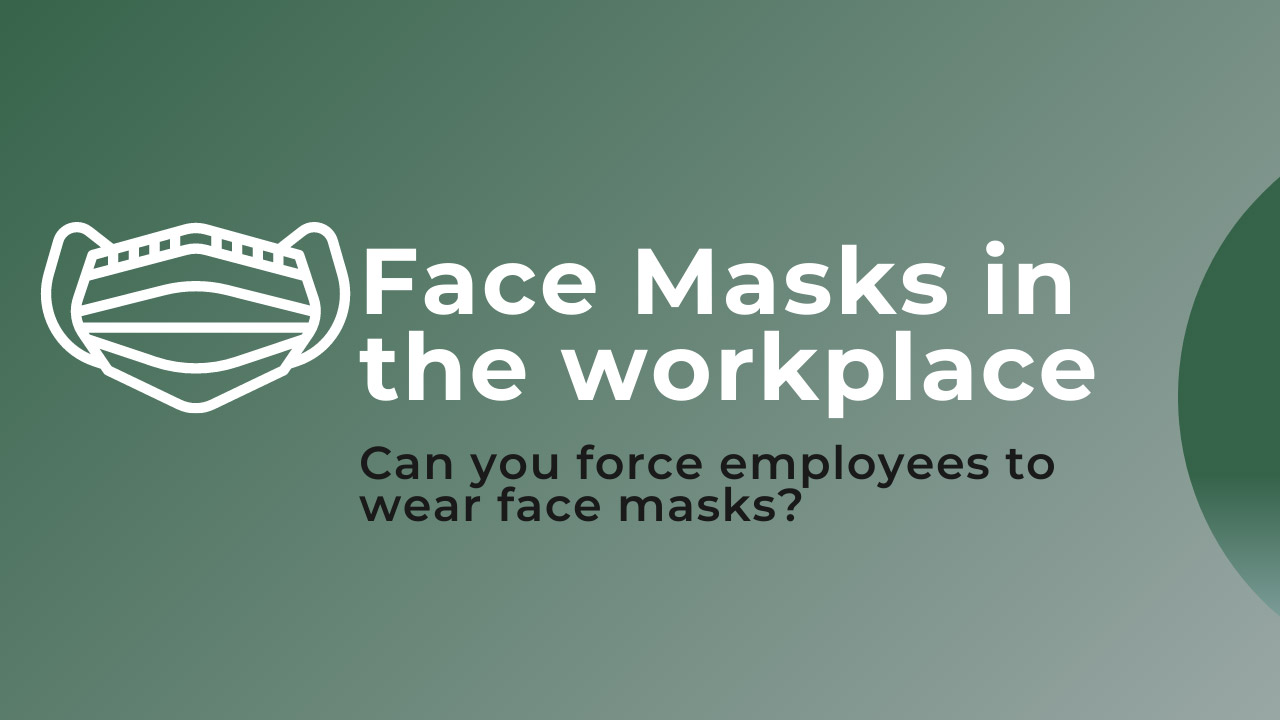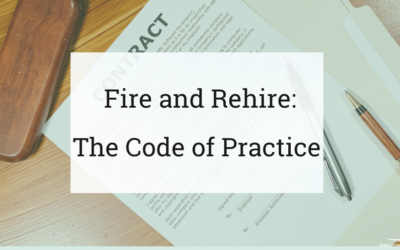Face masks in the workplace
Following the Government’s decision to remove all restrictions, possibly the most contentious is whether or not to continue wearing a face mask. Can employers force employees to wear them at work?
There is no legal obligation to require facemasks to be worn at work. Although employers have a duty to protect the health and safety of employees, this does not override the government’s decision that face masks are not compulsory.
That being said, there is nothing stopping employers from implementing rules that face masks must be worn if a business decides it is necessary. Imposing rules which are more restrictive than government guidelines may result in some disgruntled employees, leading to questions such as:
Do we have to justify a decision to wear face masks?
There is no legal requirement to justify a decision to require face masks to be worn but it will help staff to understand the decision. The best approach is to conduct a risk assessment and highlight where employees are at risk. Once employees have been informed that the decision is following a risk assessment and intended to protect them, they are less likely to complain.
Can an employee refuse to wear a face mask?
Yes. An employee can always refuse any instruction given to them at work. The question then is what can an employer do about it? See questions 2 and 3 below for the answer!
Can I discipline an employee for refusing to wear a face mask?
If the instruction to require face masks to be worn is a reasonable one then disciplinary action is possible. SO long as the risk assessment evidences why they are necessary and the employee is not refusing on medical (or other protected grounds), then disciplinary action is possible.
Can I dismiss an employee for refusing to wear a face mask?
In a nutshell, yes. However (!) there will always be additional considerations when looking to end employment:
Employers need to:
- Follow a comprehensive disciplinary process (unless exceptions apply but please speak to us first);
- Evidence the reasons for the requirement
- Consider the reasons for the refusal
- Consider options other than dismissal such as a final written warning which may be more reasonable and therefore make a dismissal unfair.
- Speak to us first!
What do I do about staff raising grievances about not wearing face masks?
Any grievance should be dealt with in accordance with the ACAS Code of Practice on disciplinary and grievances. The employee who raised the grievance should be invited to a formal meeting and following investigations, provided with a formal outcome. Steps should be taken to deal with the employee who refused to wear it.
Employment Law Solutions
Employment Law Solutions can help. We are an employment law service offering employment law advice for employers. With a wealth of knowledge in curing HR headaches for employers across the UK, Employment Law Solutions can offer comprehensive, stress-free, and pragmatic advice on employment law, including restrictive covenants, post-termination restrictions, and furlough. We offer 24/7, 365 guidance with a mission to help you get on with doing what you do best – running your business. Protecting your business will always be our main priority.




